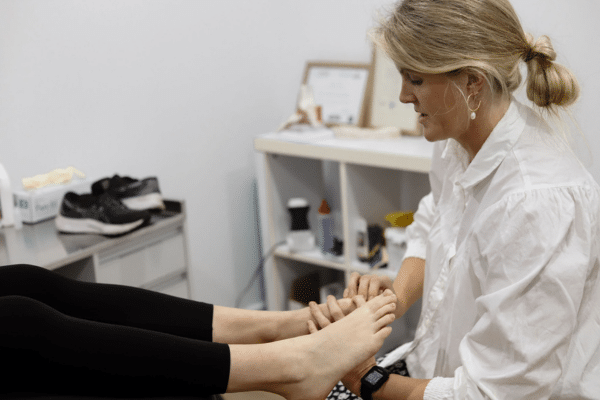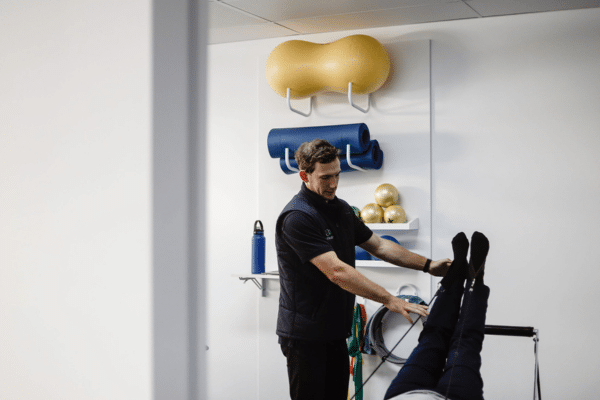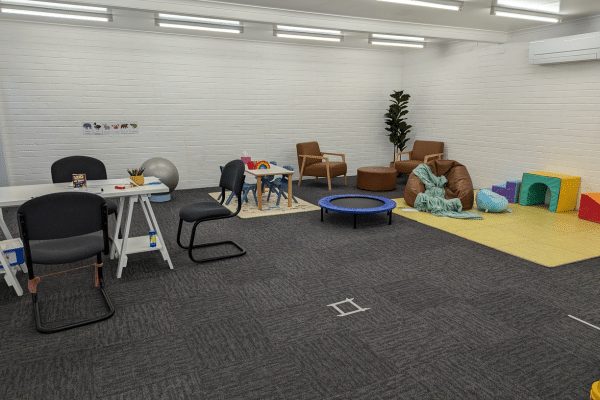As young people navigate the ups and downs of growing up, having a sense of routine can play a powerful role in supporting their mental well-being. For children and adolescents, structure provides a sense of safety, predictability, and stability that is often crucial in managing stress, anxiety, and emotional challenges.
At Gen Health, our Occupational Therapist Rachelle has a particular interest in helping young people aged 8 to 18 build routines that promote positive mental health outcomes.
Why Routine Matters for Mental Health
Routine is more than just following a daily schedule. It creates a foundation for healthy habits and emotional regulation. For young people, a well-structured routine helps:
- Reduce anxiety: Knowing what to expect in the day can lower stress and give young people a sense of control over their environment.
- Improve focus: Predictable routines support better concentration and focus, whether at school or in everyday tasks.
- Foster independence: Encouraging young people to take ownership of their routines can boost self-esteem and autonomy.
- Promote sleep hygiene: Regular routines, especially around bedtime, are linked to better sleep patterns, which are essential for mental and physical health.
How Occupational Therapy Can Help
We work with young people to create individualised routines that fit their specific needs, abilities, and life circumstances. Whether a young person is struggling with school pressures, emotional regulation, or social challenges, we can develop strategies to introduce structure and stability into their daily lives.
1. Understanding the Child’s Unique Needs
Each young person we work with is different, and their routines should reflect that. Rachelle spends time getting to know their interests, strengths, and challenges. This helps us create personalised routines that are both achievable and enjoyable.
2. Building Routines Step by Step
Introducing new routines can feel overwhelming, but we break the process down into manageable steps. Whether it’s establishing a morning routine, incorporating study breaks, or creating a calming evening routine, we guide young people in making gradual changes that stick.
3. Incorporating Self-Care and Enjoyment
Routines aren’t just about productivity. Rachelle helps young people include activities they enjoy and moments for self-care. This balance is key to maintaining motivation and a positive outlook on daily life.
4. Promoting Flexibility
While routines are important, life can be unpredictable. Rachelle teaches young people how to be flexible within their routines, adapting when needed without feeling overwhelmed. This balance helps build resilience.
The Role of Parents and Caregivers
Parents and caregivers play a vital role in supporting their child’s routine. Our OT Rachelle works closely with families, providing strategies and advice on how to encourage consistency at home. We believe that collaboration between OT’s, young people, and their families is key to long-term success.
For more information on Occupational Therapy at Gen Health, please click here.
Disclaimer
All information is general and is not intended to be a substitute for professional medical advice.
*Please note Mental Health OT at Gen Health is not a crisis support service. If you or someone you know requires urgent mental health support, please contact the area mental health service, South West Healthcare on 1800 808 284.
If you or someone you know is at immediate risk of harm, call Triple Zero (000).
24/7 support options include:
Lifeline: 13 11 14
Beyond Blue: 1300 224 636
MensLine Australia: 1300 78 99 78
13 YARN: 13 92 76
Suicide call back Service: 1300 659 467
Kids Helpline: 1800 551 800
Open Arms: 1800 011 046


